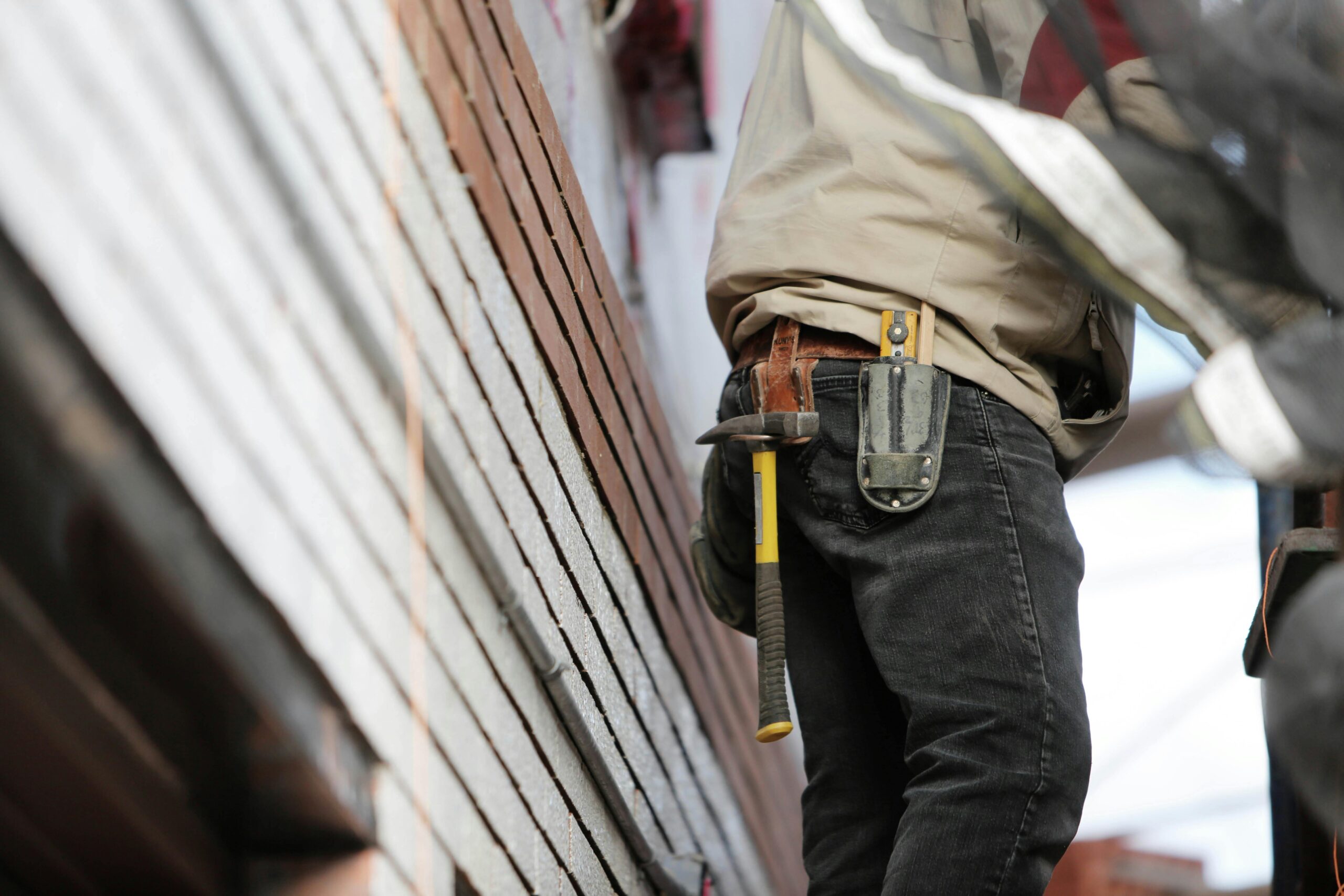Garage door springs are under tremendous tension, making them one of the most dangerous components to replace in your entire home. Each year, numerous homeowners suffer serious injuries or worse when attempting DIY garage door spring replacement. This article examines why replacing torsion or extension springs yourself poses extreme risks, explores the true cost considerations beyond just parts, and explains why hiring a qualified technician is not just recommended—it’s essential for your safety and the proper functioning of your garage door system.
Understanding Garage Door Springs and Their Dangers
Garage doors typically use one of two spring systems: torsion springs mounted above the door opening or extension springs that run alongside the door tracks. Both types store massive amounts of energy to counterbalance your heavy garage door—often weighing 150-300 pounds. When a broken torsion spring needs replacement, you’re dealing with a component that contains enough tension to cause catastrophic injuries. A spring under tension can release with explosive force if mishandled, potentially causing severe lacerations, broken bones, head trauma, or even death.
The dangers aren’t theoretical—emergency rooms regularly treat patients who attempted DIY garage door spring replacement. Even experienced handymen who have successfully completed other complex home repairs find themselves unprepared for the specialized knowledge and tools required to safely work with these high-tension components. Many homeowners don’t realize that when a garage door spring breaks, it releases energy equivalent to a small bomb detonating in your garage.
The Hidden Costs of DIY Spring Replacement
When evaluating garage door spring replacement cost, danger diy enthusiasts often focus solely on materials, noticing that springs themselves might cost $30-80 each. This surface-level analysis fails to account for the specialized tools required, potential damage to the door or property if things go wrong, and most importantly, the medical costs from potential injuries.
A professional typically charges $150-350 for spring replacement, which includes proper sizing, installation, and adjustments to ensure your door functions correctly. When you consider that improper installation can lead to premature spring failure, door damage, or safety issues that could cost thousands to repair, the professional fee becomes a prudent investment rather than an unnecessary expense.
Additionally, many garage door warranties become void if components are installed by non-professionals. This means future repairs might not be covered, adding another hidden cost to the DIY approach. Experts at AskHomey confirm that professional installation typically provides warranty protection that DIY work simply cannot match.
Why Professional Technicians Are Essential
When you hire professional replace garage spring services, you’re not just paying for parts installation—you’re investing in years of specialized training and experience. Certified technicians understand the intricacies of different door systems, proper spring sizing calculations, and the precise tension adjustments required for your specific door weight and configuration.
Professional technicians arrive with specialized winding bars, proper safety equipment, and calibration tools that most homeowners don’t possess. They can identify worn components that might cause secondary failures and provide comprehensive service that extends beyond the immediate broken spring issue. Furthermore, they’re insured against accidents, protecting you from liability if something goes wrong during the repair process.
The expertise of a professional also ensures your door will operate smoothly and quietly after repair, with balanced tension that prevents premature wear on your garage door opener and tracks. This expert calibration is almost impossible to achieve without proper training and equipment.
Finding and Vetting Qualified Garage Door Professionals
Not all garage door services offer the same level of expertise, so it’s important to vet potential companies before hiring. Look for technicians who are certified by organizations like the International Door Association (IDA) or have manufacturer-specific training. Companies with established local reputations and positive online reviews typically provide more reliable service.
When contacting service providers, inquire about their specific experience with your type of door and spring system. Ask whether they stock various spring sizes on their service vehicles, as this indicates they’re prepared to address your specific needs rather than installing a one-size-fits-all solution. Reputable companies will provide clear, written estimates before beginning work and explain exactly what’s included in their service.
Remember that the lowest quote isn’t always the best value. A technician who properly sizes and installs springs with appropriate cycle ratings (indicating longevity) provides better long-term value than one who installs cheaper components to win your business.
When to Schedule Professional Spring Replacement
Don’t wait until a spring catastrophically fails to seek professional assistance. Warning signs like visible gaps or stretching in the spring coils, uneven door operation, or unusual noises during operation suggest imminent spring failure. Proactive replacement is safer and typically less expensive than emergency service after a complete failure, which often causes secondary damage to other components.
Most garage door springs have a lifespan of 7-10 years with normal use. If your springs are approaching this age, consider scheduling an inspection even if you haven’t noticed obvious problems. This preventative approach helps avoid the inconvenience of unexpected garage door failures and allows you to schedule service at your convenience rather than during an emergency.
For more tips and to connect with reliable home service professionals, follow AskHomey on Facebook and Instagram.



